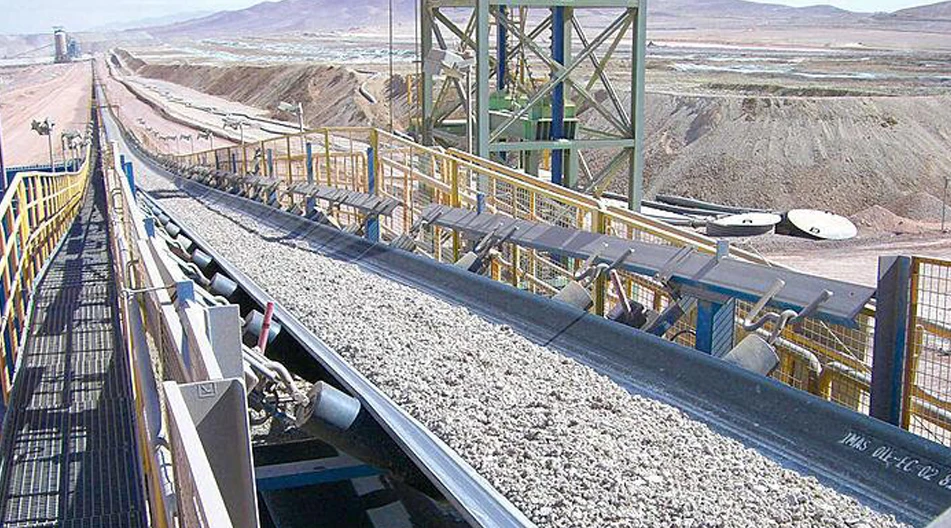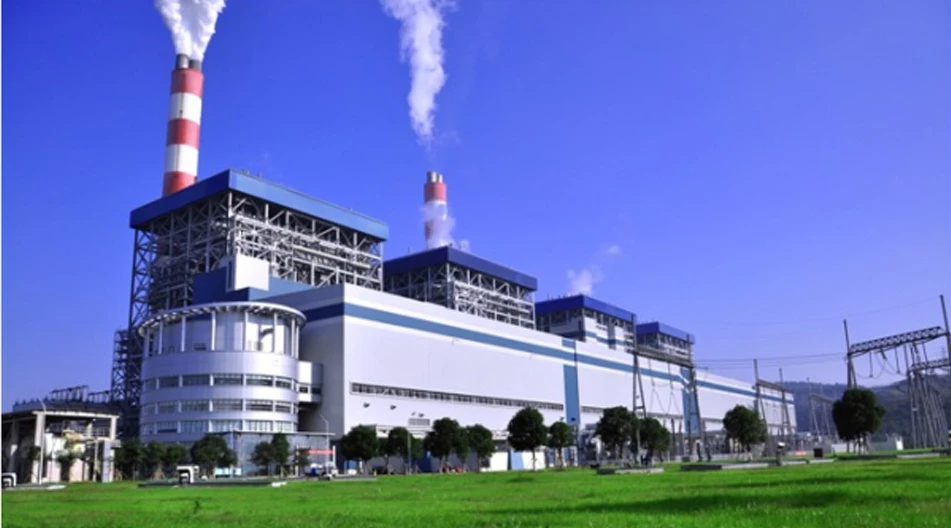The utilization of valves spans a broad spectrum of industries, where their fundamental role incontrolling the flow of fluids is indispensable. These mechanical devices, ranging from simple on/offvalves to sophisticated control valves, are critical components in diverse applications. Types of valvesand their applications:
 Water & Sewage
Water pipeline:Many important valves are used in these lines: for example, butterfly valves,gate valves, check valves,ball valves,etc.
VIEW
Water & Sewage
Water pipeline:Many important valves are used in these lines: for example, butterfly valves,gate valves, check valves,ball valves,etc.
VIEW
 Mining
Valves are used extensively in the mining industry, such as knife gate valves, off-set butterfly valves, check valves and metal-seated ball valves.
VIEW
Mining
Valves are used extensively in the mining industry, such as knife gate valves, off-set butterfly valves, check valves and metal-seated ball valves.
VIEW
 Refining
The refining industry uses an industrial process where crude oil is processed and refined into more useful products such as petroleum naphtha, gasoline, diesel fuel, asphalt base, heating oil.
VIEW
Refining
The refining industry uses an industrial process where crude oil is processed and refined into more useful products such as petroleum naphtha, gasoline, diesel fuel, asphalt base, heating oil.
VIEW
 Oil & Gas
No mattter it is crude oil, Gas or refined oil products, Seamless pipes are used a lot to do the transportation.
VIEW
Oil & Gas
No mattter it is crude oil, Gas or refined oil products, Seamless pipes are used a lot to do the transportation.
VIEW
 Power Generation
Power plants usually need big quanity of pipelines to convey water, gas, steam etc. High pressure products are very common for this application.
VIEW
Power Generation
Power plants usually need big quanity of pipelines to convey water, gas, steam etc. High pressure products are very common for this application.
VIEW
Valves are extensively employed in industrial processes, facilitating precise regulation of fluidparameters such as flow rate, pressure, and temperature. Gate valves, for instance, excel in on/offfunctions and are prevalent in water supply and oil and gas industries. Check valves prevent backflow,ensuring the unidirectional movement of fluids to maintain system integrity.
In specialized sectors like pharmaceuticals and biotechnology, sanitary valves uphold stringent hygienestandards, preventing contamination during fluid transfer. Meanwhile, in power generation, safety reliefvalves safeguard equipment by releasing excess fluid or gas in high-pressure situations.
Thermostatic valves contribute to temperature control in heating, ventilation, and air conditioning(HVAC) systems, while pinch valves prove valuable in the abrasive environments of mining and mineralprocessing. Solenoid valves play a pivotal role in agricultural irrigation, efficiently managing waterdistribution in different zones.
Valves find application in fire protection systems through deluge valves, controlling the release ofwater or fire retardants during emergencies. In the automotive realm, engine valves regulate the intakeand exhaust of gases, optimizing engine performance.
The precision offered by needle valves makes them ideal for laboratory settings, enabling scientists tofinely control the flow of gases and liquids. Overall, valves are versatile tools that, through theirdiverse designs and functionalities, contribute significantly to the controlled movement of fluids acrossa wide array of modern industrial processes and applications.
 Call us on:
+86-311-86935302
+86-311-86935302
Call us on:
+86-311-86935302
+86-311-86935302
 Email Us:
info@thriveonvalve.com
Email Us:
info@thriveonvalve.com South of Huanmadian Village Town, Ningjin County, Xingtai, Hebei Province, China
South of Huanmadian Village Town, Ningjin County, Xingtai, Hebei Province, China